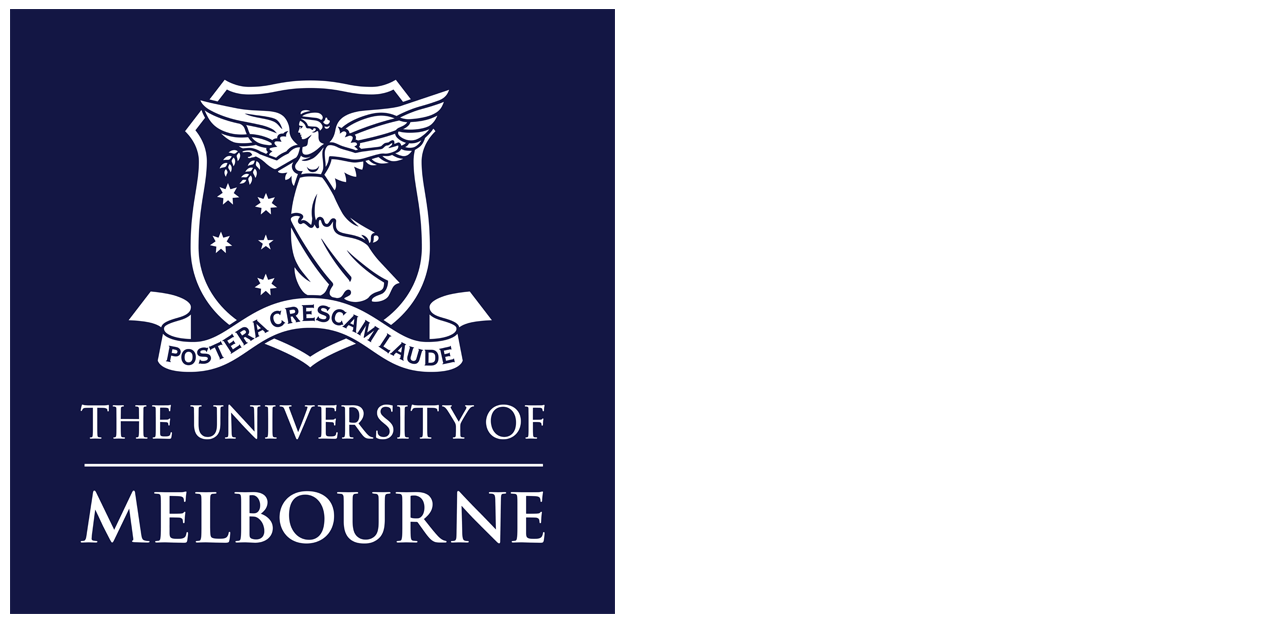

From 1 July, Australia’s new Safeguard Mechanism requires that our largest industrial greenhouse gas emitters must reduce their emissions intensity by 4.9 per cent a year.
In order to achieve this, these facilities may choose to offset their emissions by purchasing Australian Carbon Credit Units. But how effective this system is will depend on the efficacy of carbon offsets.
In this panel discussion, our speakers will examine the science behind nature-based carbon offsets, the benefits and pitfalls, and the important considerations in implementing them, including equitable and responsible land use.
Join our discussion and address our expert panel with your own questions at this engaging event.
David Karoly
Emeritus Professor in the School of Geography, Earth and Atmospheric Sciences
David Karoly is an internationally recognised expert on climate change and climate variability and a Fellow of the Australian Academy of Science. He is an honorary Professor Emeritus at the University of Melbourne and an honorary Senior Research Fellow in Melbourne Climate Futures, having retired from the CSIRO Climate Science Centre in January 2022. He became a part-time Councillor on the Climate Council in September 2022. He is heavily involved in communication of climate change science, impacts and solutions to business, governments at all levels and community groups.
Malte Meinshausen
Professor in Climate Science
Malte Meinshausen is one of the lead authors of the IPCC Sixth Assessment Report (AR6 Working Group I on Physical Climate Science) and also a core writing team member of the IPCC AR6 Synthesis Report.
Kate Dooley
Lecturer In Human Geography
Kate Dooley is a political geographer whose research looks at the politics of land use in climate mitigation policies and equitable approaches to land transitions. She received her PhD from the University of Melbourne and is currently an ARC DECRA Research Fellow in the School of Geography, Earth and Atmospheric Sciences. She was the lead author of the 2022 Land Gap Report, which provided the first global assessment of land area in national climate mitigation pledges.
Rowan Foley
CEO, Aboriginal Carbon Foundation
Rowan Foley comes from the Wondunna clan of the Badtjala people Traditional Owners of K’gari (Fraser Island) and Hervey Bay, Queensland. Rowan is the founding CEO of the Aboriginal Carbon Foundation (AbCF) a not-for-profit company with offices in Cairns, Sydney and Alice Springs.